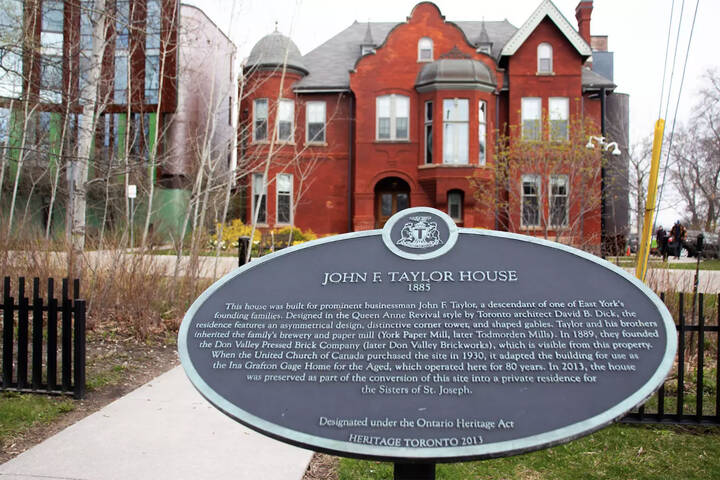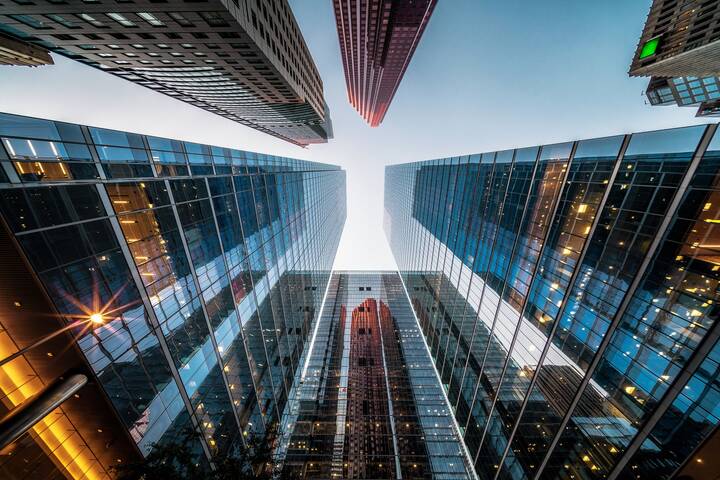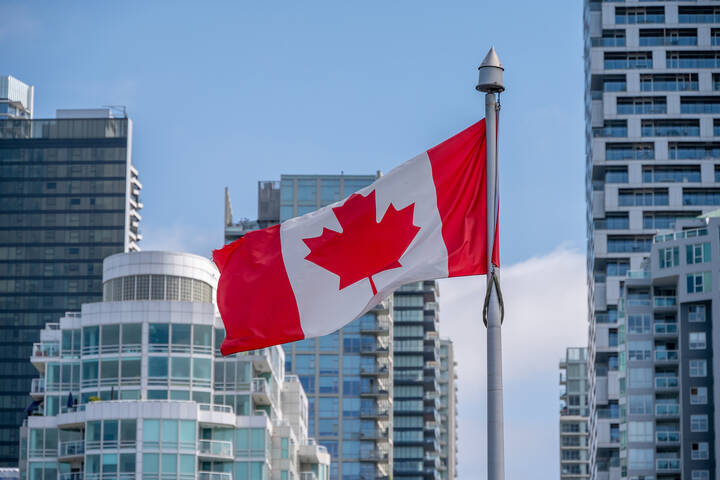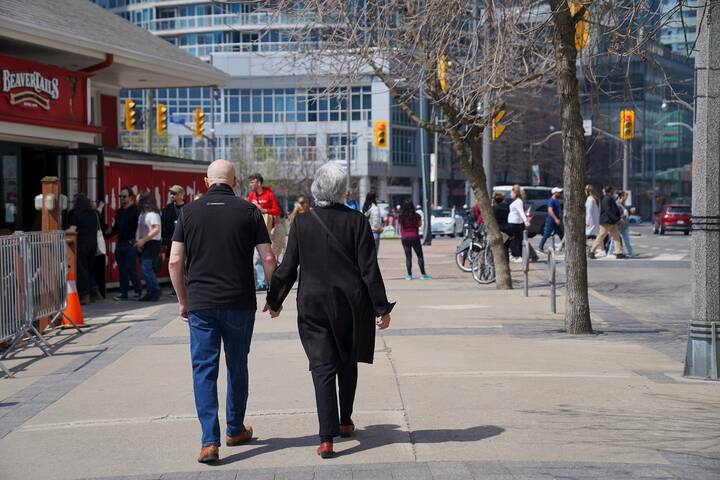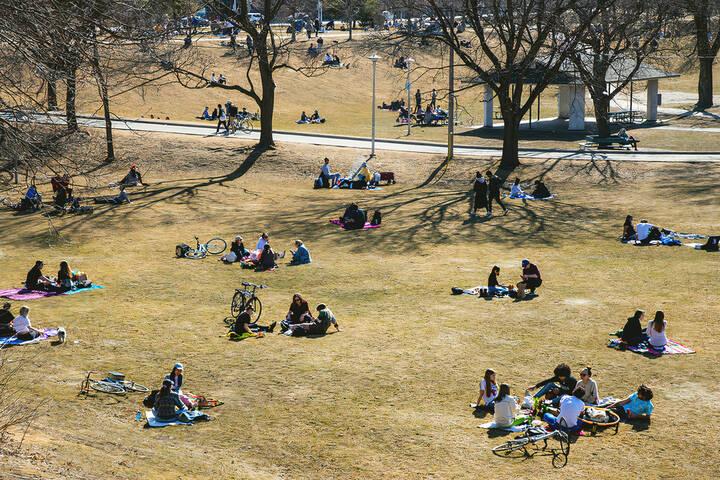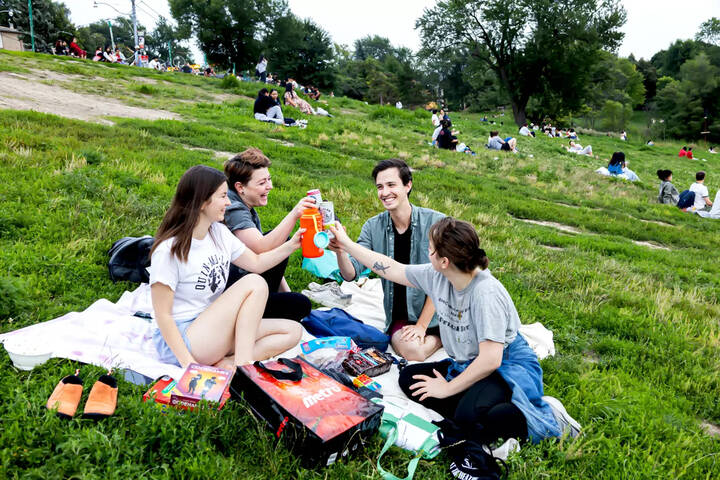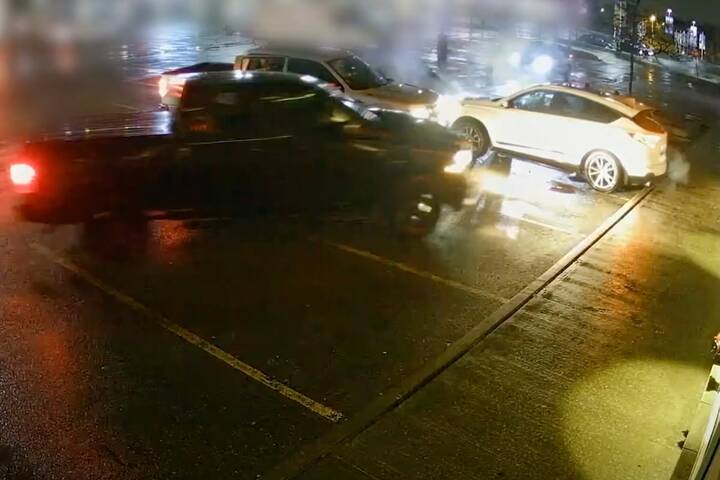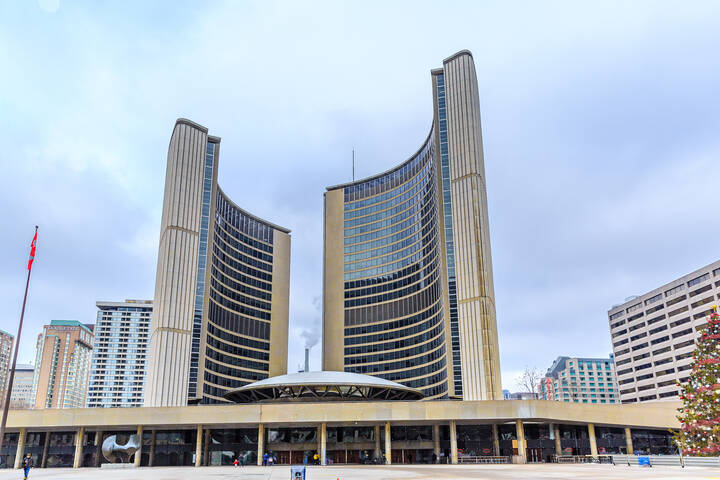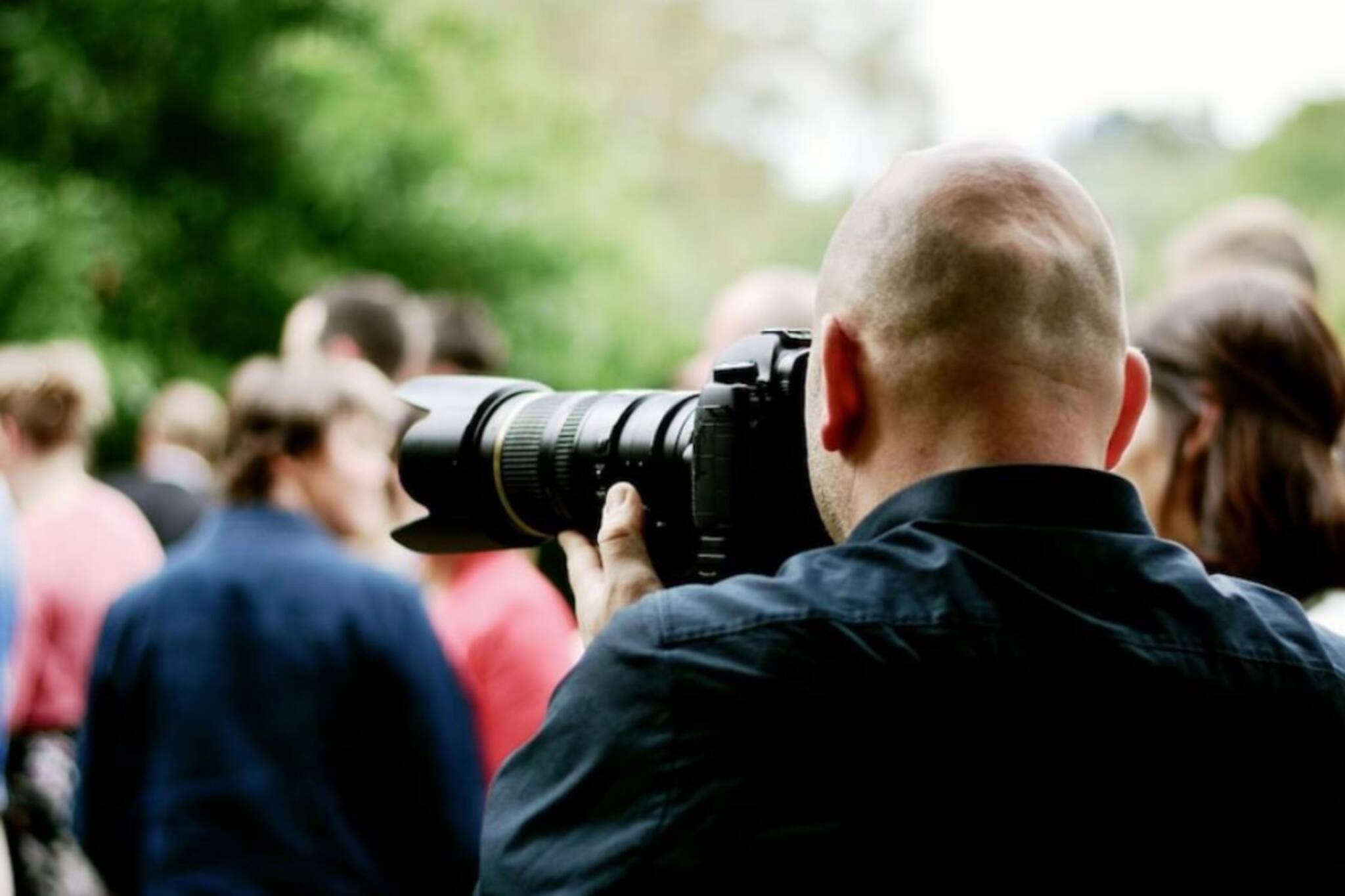
Your rights as a photographer in Toronto
A quick scenario: you're taking photos with your DSLR in front of a public building and a security guard comes outside to tell you that's not allowed, what do you do?
The right answer is you leave the premises – that is, unless you're taking the photo from a sidewalk, in which case you have every right to keep snapping pics.
With the proliferation of cameras on nearly all our devices, the laws surrounding photography in public spaces is becoming an increasingly important thing to familiarize yourself with, especially if being a commercial photographer is your full-time job.
Sometimes it can be confusing, but most times it's just about using your common sense.
While Canada's laws surrounding photography are pretty lax, it's always better to treat every situation with discretion. Encounters with law enforcement and security are never fun – even when you're in the right – and can lead to some uncomfortable interactions.
Getting to know Toronto's commercial photography by-laws will help you navigate the legality of your photo ops, as will a basic brush-up of your Criminal Code knowledge.
If you don't have time to go through all that right now, here are some quick guidelines to follow for some common photography scenarios.
Public property
You're allowed to take photos anywhere in and from Toronto's public spaces (sidewalks, parks, streets, etc.) under the following conditions:
- You can't be in the middle of doing something illegal while you photograph, like jaywalking , breaking and entering (we see you rooftoppers), or interfering with a crime scene.
- You can't shoot commercially on City of Toronto property, meaning no paid wedding photography or photoshoots in the park unless you have a permit from the city. While law enforcement will rarely stop a commercial shoot from happening on the sidewalk, they might put an end to a paid photo gig in High Park.
- Taking photos of private property from public spaces is allowed even if the owners forbid you from photographing their property; that only counts if you're shooting on their grounds.
- If there's a sign that explicitly states that a law prohibits photography there, you can't shoot. And even if there is no sign, you still might be stopped from photographing – and that's allowed.
Photographing people in public spaces
According to our laws, photographers are basically allowed to take photos of whoever and whatever they want in public areas, including activities, police officers, and even children, without consent.
Restrooms, dressing rooms, and medical facilities, however, are examples of places which carry a reasonable expectation of privacy. Taking photos of people here can get you charged with Criminal Voyeurism – not a great charge to have on your legal records.
Same goes for the TTC: you're not breaking any city or transit laws by taking and even posting pictures of strangers on your public Instagram account (unless it's commercial, in which case you can submit a request for a permit).
But that doesn't mean you get to throw common decency to the wind: if you want to post a picture of someone taking a nap on line 2 on your satirical Toronto transit IG page, don't be an ass – have the courtesy to ask first.
Photographing music festivals and events
If the event is public, you can photograph it, regardless if it's on private property or if there's paid admittance. However, event organizers can tell you to stop taking pictures, in which case you should comply unless you want to get booted out of the event.
Things event organizers and private parties aren't allowed to do:
- Force you to provide your identity or reason for photographing: only law enforcement can do that.
- Confiscate your photography equipment.
- Force you to delete your photos.
- Unless they were witness to a serious crime that you committed, they cannot detain you against your will.
Photographing in malls or restaurants
Unlike regular private properties, these spaces are also open to the public. That means you're legally allowed to photograph until a security guard or manager approaches you to stop.
Tip: Keep your DSLR discrete the minute you enter the building to prolong the grace period for as long as possible.
Latest Videos
Latest Videos
Join the conversation Load comments
